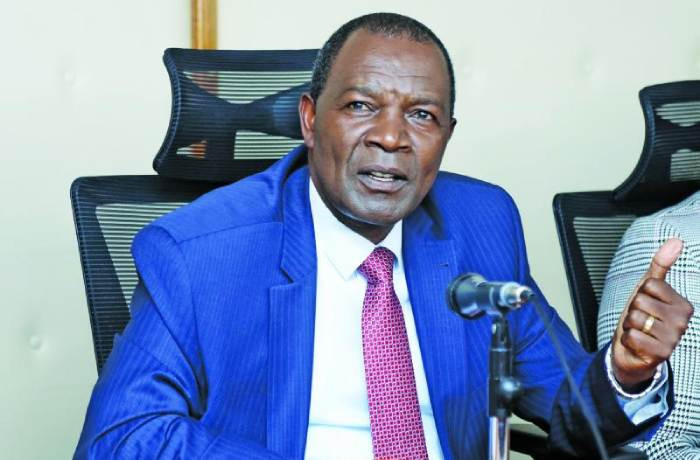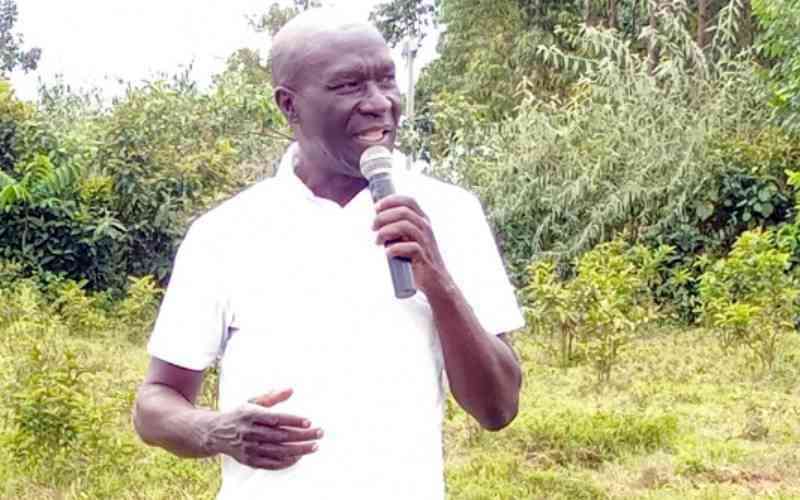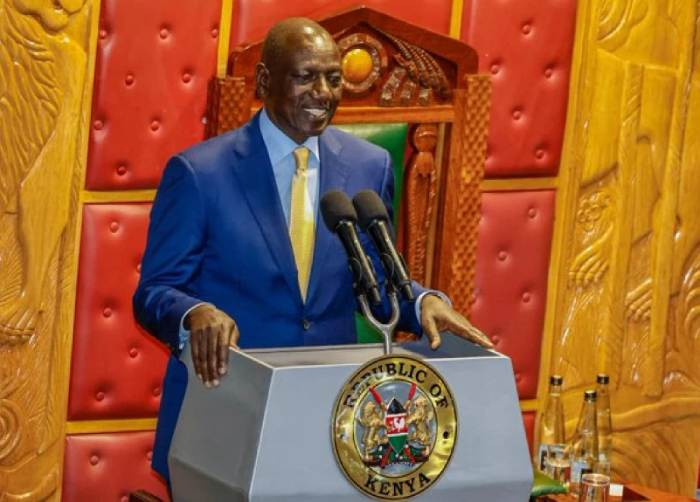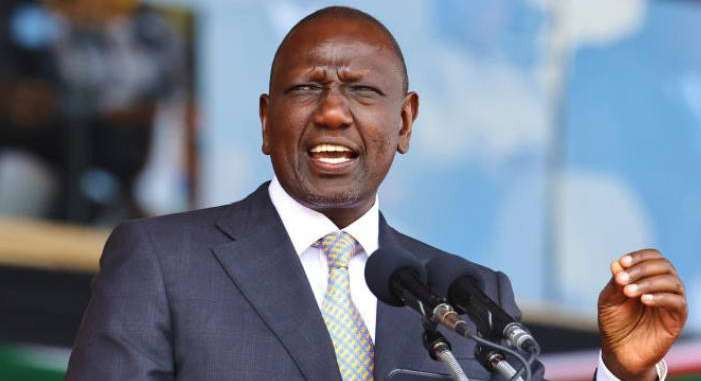As we came to the end of 2021, members of parliament treated Kenyans to a spectacle of lunacy, buffoonery and idiocy. During the discussion of the Political Parties Amendment Bill No. 58 of 2021, they punched each other, threw water bottlers (bought by taxpayers), heckled and turned the August House into a tower of babel.
They repeated the same in their sitting of January 5 this year. In fact; one would be tempted to think that the prerequisite to being elected is truancy and having served in one's school’s cheering squad. So, why do politicians say and do stupid things?
When he reigned supreme over the American body politic, Donald Trump was often described as “an eccentric, megalomaniac billionaire still more relatable to average Americans than anyone willing to dedicate life to politics”. Trump is not alone. In Kenya we had our own, the likes of Mulu Mutisya, Ezekiel Barngetuny, Sharif Nassir ad infinitum.
Our current parliamentarians are falling over each other to show us who monopolizes stupidity, never mind that many of them are multiple degree holders. Every other day, they say something outrageous or blatantly false, and yet they continue to grow in their popularity. They seem to be getting by on empty slogans, with no well thought out policy ideas. When you see a politician saying something outrageous or blatantly false, you might be tempted to decry the quality of our politicians.
But there is a reason we have the kind of politicians we do, and it’s not because no one better is willing to step up to the plate. Most of our politicians may or may not be eccentric megalomaniacs, and they indeed say many substantively stupid things. But they are not stupid (well, I may not vouch for the substance between the ears of some of them) and saying stupid things to would-be voters is a very smart thing to do. Why so?
Politicians are trying to win elections. To win elections, they need to get the most votes. To do that, they need to appeal to as many voters as possible. In an election, what every smart politician is trying to do is behave in ways that he or she hopes will appeal to the typical voter. Politicians are like this because they respond rationally to the incentives democracy creates. If voters were well-informed, dispassionate policy-wonks, then political campaigns would resemble peer-reviewed economics journals. But few voters or potential voters are like that, most voters are poorly informed, passionate, biased, overconfident, and tribalistic.
Like the politicians who seek to appeal to them, ignorant voters are not necessarily stupid. As available literature shows, they too are mostly behaving rationally, given the incentives created by the political system.
Voters are like this because they respond rationally to the incentives democracy creates. The problem is that our individual votes count for very little. Economists and political scientists debate just how to calculate the probability that your vote will make a difference. Still, even on the most optimistic estimate in the literature, your vote (in a presidential election) has a 1 in 10 million chance of making a difference.
Voters do not consume much information, nor do they discipline themselves to think rationally about the information they consume, because their votes make little difference. As economists like to say, voters are rationally ignorant. Consider, as an analogy. Suppose a billionaire offers you one hundred million Kenya shillings if you can ace the Advanced Actuarial exam. You would probably be willing to learn advanced mathematics for that price. But now suppose the billionaire instead offers you a 1 in 20 million chance of earning the hundred million if you ace the exam. Now it’s not worth your time—it doesn’t pay to learn advanced mathematics.
There is indeed extensive evidence that most voters know little about politics and public policy, and do a poor job of evaluating the information they do know. As a result, smart politicians who want to win have strong incentives to manipulate political ignorance to their advantage. Last year DP Ruto’s stalwart, Kandara MP Alice Wahome, was at pains to explain the gist of the bottom-up economic model, never mind that she sings praises to the approach from the rooftops week upon week. Indeed, those who value truth above getting power are unlikely to win office or to stay there very long if they do.
In some respects, many a politicians’ campaigns are a blatant appeal to public ignorance. For example, when, in 2013, jubilee promised to build a stadium in each county, we swallowed. When they promised laptops for each primary kid, we digested. No one questioned the viability or feasibility. It is probably no accident that the variable most strongly associated with support for Jubilee then, and UDA now, in most surveys is not ideology, but low levels of education (which is often strongly correlated with political ignorance).
Current politicians’ manipulation of ignorance differs from the strategies of mainstream politicians more in degree than kind. Exploitation of ignorance was a standard political tool long before the current crop of politicians
Of course, most of those seeking political office, from both sides of the political aisle, are not above appealing to ignorance themselves when it is politically advantageous to do so. When it comes to political ignorance, neither major party can claim the moral high ground. If they could, they probably would not be a major party in the first place. While partisans like to claim that ignorance is largely confined to the supporters of the opposing party, the truth is that it is widespread among supporters of both parties, and even worse among the swing-voters who often tip the scales of electoral outcomes.
There is no easy solution to the problem of political ignorance. It is not just a simple matter of getting rid of a few unscrupulous politicians. Real progress requires changing the structure of incentives facing both politicians and voters by making fewer important decisions in a setting where the latter have strong incentives to be ignorant and irrational, and the former have strong incentives to exploit that ignorance for political advantage. If we are to achieve “change we can believe in,” we should begin by acknowledging that we have a serious systemic problem of which the current crop of politicians is just a particularly obnoxious symptom.
Edwin Wanjawa teaches at Pwani University
 The Standard Group Plc is a multi-media organization with investments in media platforms spanning newspaper print
operations, television, radio broadcasting, digital and online services. The Standard Group is recognized as a
leading multi-media house in Kenya with a key influence in matters of national and international interest.
The Standard Group Plc is a multi-media organization with investments in media platforms spanning newspaper print
operations, television, radio broadcasting, digital and online services. The Standard Group is recognized as a
leading multi-media house in Kenya with a key influence in matters of national and international interest.











